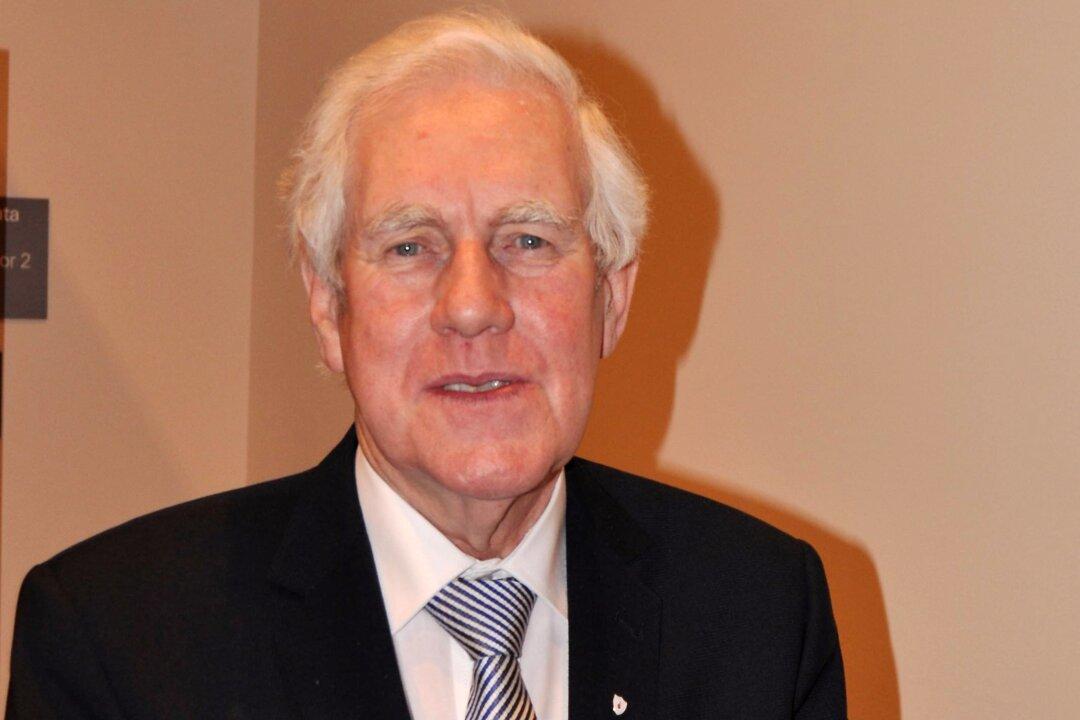Where better to come up with a great idea for a new business than near the top of the Alps, on your bike, and surrounded by 10,000 other men in lycra.
Well, that’s how Donal Hanrahan described the moment of his epiphany: One minute he’s wondering why he spends all his spare money on cycling and bike accessories, and the next minute he’s come up with a clever idea to start a sports-related business making tailored nutritional supplements that’s doing extremely well.
Hanrahan says that he has always been on the lookout for a good start-up idea, and has been involved in his share of tech start-ups, from telecoms to software.
“I was looking around for something that might be a good idea, and at the same time I got into the cycling. In cycling, you are on the bike sometimes for what seems an eternity, and you need lots of energy. However, it was my experience that none of the products out there were a 100 per cent match for me,” he says.
“I just couldn’t handle the sugar load that you get from most energy drinks, and in a lot of the recovery products it wasn’t really about protein – it was just more sugar!”
Hanrahan says that the combination of his not being particularly happy with the current products out there, his looking for a start-up idea, and his love of cycling made him quickly realise that there might be a big market for his new product concept.
From idea to reality
“When those three things came together, it started to look like a viable idea,” said Hanrahan. “I looked at it myself to see if it was possible to make sports nutrition products. I realised it was possible – I didn’t know how, but I knew it was possible. Then I had a chat with (co-founder) Len Dunne, a friend of mine from my college rowing days.”
Dunne was from a marketing background, so he did some research and came back with a thumbs-up for the idea.
“The brands were all young, elite, muscle-bound type things,” said Hanrahan, and Dunne’s initial feedback on the current market echoed this sentiment. “Len reckoned from a brand perspective that there was a gap, and I reckoned from a product perspective there was a gap, so we spent the next 18 months deciding on how to fill or close that gap.”
Over that initial 18 months, the small team carried out tons of research and development, product testing, taste testing, flavour tasting. “We kept going all the time, and as long as you don’t get a negative and they are all positives, you keep going,” said Hanrahan.
Eventually, they started looking for funding. When they found investors who were open to the idea and willing to fund it, they kept rolling to the point where they launched at the end of August 2013. Today, 80 per cent of Elivar’s sales come from the UK.
Hanrahan says that the initial reaction has been very good, and the team are getting excellent feedback via social media.
“Every month is bigger than the last, and we also have a couple of distribution agreements set up in the UK … by the summer we are trying to be in as many retail outlets as possible,” he says.
In closing, he even got a plug in, saying: “Our products cost more to manufacture because we put more of the good stuff in them!”
Enterprise Ireland Support
Hanrahan was a participant in Food Works, a Bord Bia, Enterprise Ireland and Teagasc initiative designed to find and foster a new generation of food-product entrepreneurs.
Meabh Conaghan, development advisor at Enterprise Ireland’s food start-up division, told me why Enterprise Ireland backed Elivar.
“We always look at the team that is behind the idea, and we felt that Donal and his co-founder Len Dunne have extensive management experience at quite senior levels,” said Conaghan. “If you bring a good team together, that can often be the main part of executing on any business plan.”
Conaghan added that the health and fitness trends that are in vogue today played a big role as well. The fact that the Elivar product is geared entirely at people between the ages of 35 and 55 – where the body has different requirements that are not necessarily being addressed by other products – was also a plus.
“Elivar have spent a lot of time developing the product and the ingredients, so we found that the research and the development that they had done were really stacking up. Teagasc would have done some technical assessments on that, and we in Enterprise Ireland believe there is a huge export market in this area, so we think that they will certainly have great potential,” she said.
“While I was doing our due-diligence on the project, I would have spoken to key people in the UK who are seriously bought into the whole idea,” said Conaghan. “I guess we have funded and supported Elivar both through Food Works and investment from Enterprise Ireland because of the product itself, the export potential and, more significantly for us, it was because of the strength of the team that we believe would be able to execute on the plan.”



